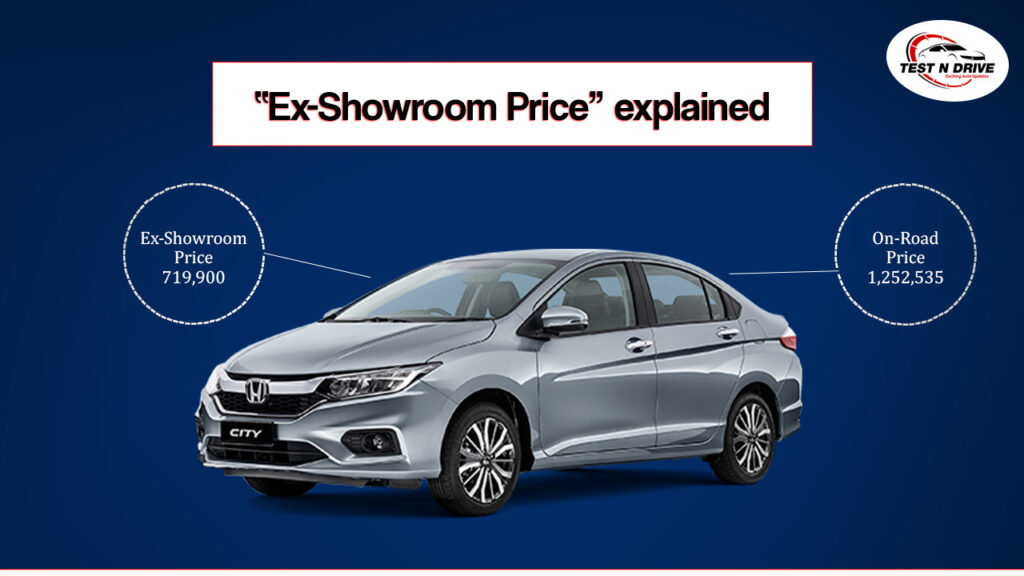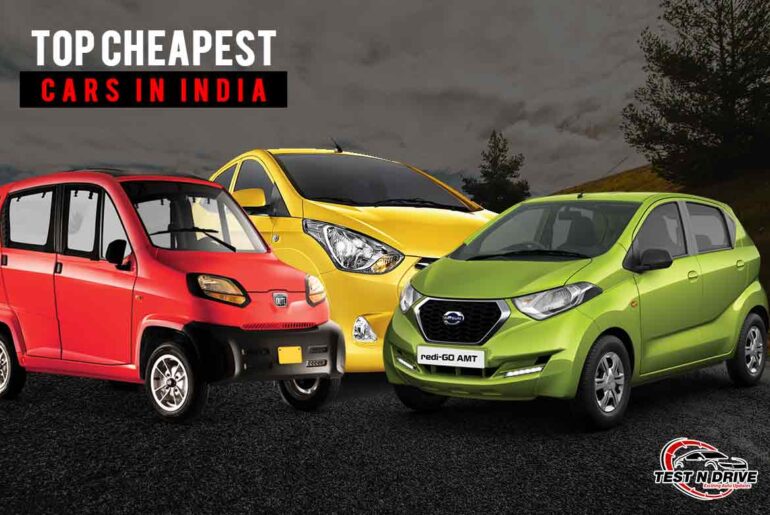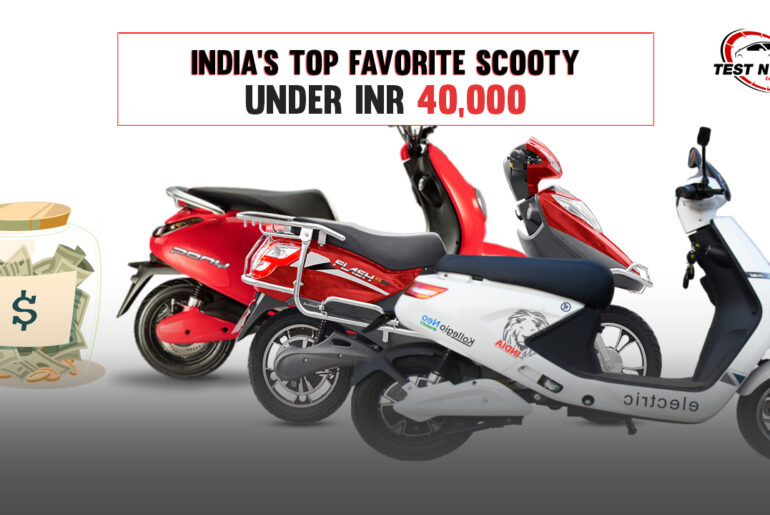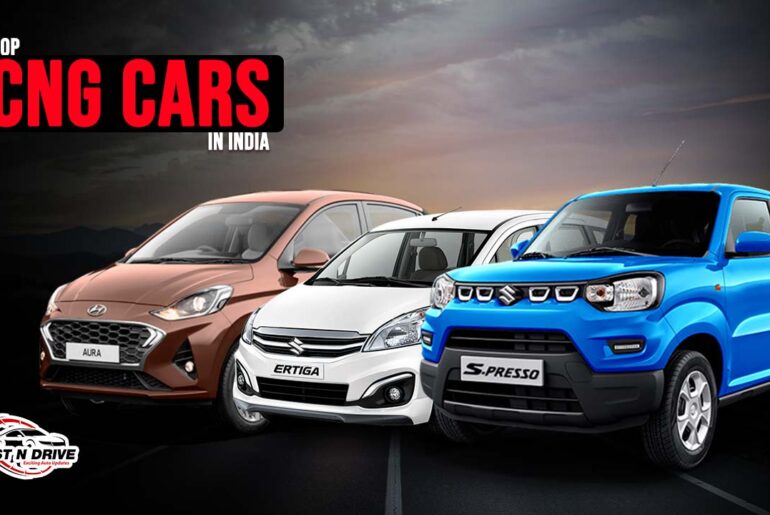Buying a car and bike is a wholesome affair, but the price is, more often than not, a matter of concern. You can end up spending a good amount of money on deals on your visit to the nearest car dealership. Sales tactics are something to look out for; this article focuses mainly on buying a car and bike. How and why its price differs from that of a newspaper pamphlet or billboard. A thing of confusion among potential buyers is the What are Ex-showroom price meaning and On-road price. Fear not; after reading a little further, you will know what insignificant a concern it is.
What is Ex Showroom Price?
According to the definition by Lexico, an Ex-Showroom price means exclusive of charges such as registration fees, insurance, and dealer fees. In comparison, this all is present in the final invoice.
We all have done mental arithmetic at some point in our life regarding the Cost price (CP) and the Selling price (SP) of a particular product. If one has to answer in layman’s terms, what is the Ex-showroom price? Think of the Ex-showroom price as the vehicle’s selling price. But before adding the registration fees, road tax, insurance, goods and service tax (GST), ex-factory cost, etc.
Certain compulsory formalities are necessary before you can take your car out on any of the streets of India. Additionally, they also calculate all the incidental tariffs here. Ex-showroom price and On-road price are not two very complicated aspects one has to sweat over for; because Ex-Showroom price is ultimately a part of the total On-road price of a vehicle.
Below are a few points giving further information about what Ex Showroom price is;
- Road tax, insurance, and registration tax three most fundamental paperwork that one has to have while driving on Indian roads. Failing to do so will land oneself in a heap of legal troubles.
- Ex-showroom price and On-road price varies from region to region, city to city. Therefore it would be a wise decision to do some research beforehand before visiting a car dealership.
- Ex-showroom prices are for advertising; however, additional money has to be paid, popularly termed as On-road price.
What is On-Road Price?
The total of the ex-showroom price, registration charges, road tax, insurance, and other optional/mandatory costs makes up the On-road price. It is the total money you have to spend to ride the car back to your place successfully.
Clear this far? Now let’s dive a little farther into the kind of expenses and their type of nature.
Type Of Other Charges In On-Road along with Ex Showroom Price
1. Registration Charges
The first add-on is the Ex-showroom price of a car. By Indian law, an automobile registration, whether a bike or a four-wheeler or a heavy-duty truck, is essential. It must be registered to the nearest RTO office, without which it is illegal to drive on public roads. The charge levied towards the allocation of a unique number by the RTO is the registration charge.
In most cases, the procedure is done by the dealer. The cost of the plate and smart card are things you can negotiate with the dealer, but you cannot go for cheaper options when it comes to registration. The registration plate has two initial letters representing the state code (KA for Karnataka, HR for Haryana, DL for Delhi, WB for West Bengal). It follows two unique numbers representing the area code, further followed by two more alphabetical letters. Lastly, 4 -digit registration number of the car is displayed on the number plate.
2. Road Tax
This one-time tax needs to be paid during the new vehicle’s lifetime for 10-15 years. And this particular tax is often overpaid by buyers who fall for the salesperson’s ‘words of wisdom.’ So play it safe, and you will not be overcharged because it is calculated based on the Ex-showroom price, typically an additional percentage of 3 to 20, a tax collected to drive your car on the road without breaking any law.
3. Green Cess
One has to be extra careful regarding this one since there have been many fluctuations. After the ban of diesel vehicles in the residing areas of Delhi and the National Capital Region (NCR), the Indian government has legalised an additional 1 ℅ green cess on the Ex-showroom price, applied to all vehicles running on Indian roads. However, this tax is applied only on cars whose engines are over 2000 cc, so buyers are advised to be cautious while paying the taxes because a person buying a car below 2000 cc is exempt from this charge.
4. Tax Collection at Source (TCS)
However, there’s a particular spin on this one. As a statutory procedure mandated by the Government of India, A 1 percent tax has been mandatory on cars above ten lakhs since June 2016. Buyers get a certificate if this tax levies on them, returned back when filing income taxes into their accounts.
5. Insurance
As per the Motor Vehicles Act, insuring a vehicle is mandatory, and failing to do so will attract a considerable amount of money in penalties. Therefore, better be safe than sorry. Now the buyer must know he has many options to opt from when it comes to insurance policies. There are different types of insurance like Third Party, Comprehensive, and Zero Depreciation, with the first being the cheapest to opt for and the last being the most expensive.
6. Extended Warranty
Cars usually come with a couple of years of manufacturing warranty. However, if one wishes so, they can extend the amount of time as per their preference. The ex-showroom price of your vehicle includes the extended warranty. It must be noted that this particular add-on is especially beneficial to the car owner since, in time, it happens to be paying back for itself and also proves to be extra helpful when the topic of resale is up for concern.
7. Essential accessories
Only the buyer knows what can earn a place inside the interior of a car. Not everyone wants bobbleheads, religious idols, pillows, and glamorous decorations to their ride; therefore, the owner must decide for himself which accessories will go inside and which ones will not. We should note that these are generally high in cost than their aftermarket counterparts.
A smart buyer knows what he wants. Some expenses cannot be avoided, while some are replaceable just with a touch of creativity. Remember, a car is an addition to an individual’s personality, & that person couldn’t be influenced by factors that ultimately bring upon their downfall.






